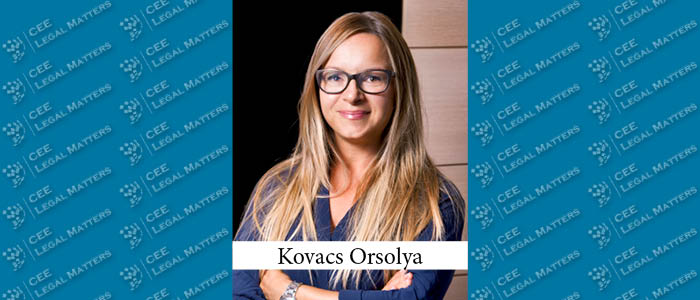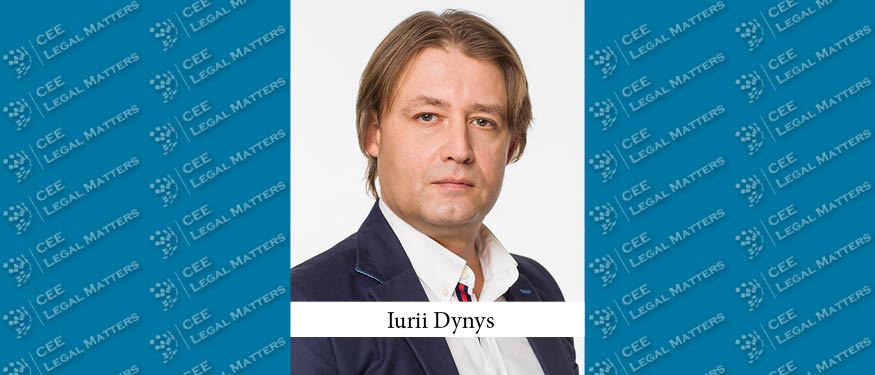After heightened political tensions preceding June’s elections, Hungary is now implementing a new electronic land registry requiring attorneys to pass an exam, amid ongoing digitalization efforts, according to Nagy es Trocsanyi Partner Orsolya Kovacs.
“Here in Hungary, the recent European Parliament and local elections, held in June, were major events,” Kovacs says, stressing that it “created a lot of tension, and everyone was curious about the potential outcomes.” This, according to her, affected legislative developments, as they were also on a break. “No significant acts have been introduced in the last weeks. It’s natural for activity to slow down afterward, with everyone wanting to relax a bit following this period.”
Still, Kovacs highlights that there are developments lawyers look out to. “In January 2025, authorization for lawyers will be required, and passing an exam is necessary for that authorization,” she says. This authorization, according to her, is crucial for accessing the electronic land registry, therefore, “attorneys handling real estate transactions will need higher training and specific authorization by January. This is a significant issue because real estate transactions, from apartments to large factories, are among the most common cases handled.” As a result, Kovacs notes, “the exam window opened on July 15, and nearly 500 attorneys have already passed. Originally, the exam was intended to assess both theoretical knowledge and practical skills – demonstrating the ability to use the software – but due to time constraints, only the theoretical portion was implemented.”
“During the summer break, there has been significant progress on digitalization,” Kovacs continues. “The government is promoting a Digital Citizenship program, encouraging people to obtain digital IDs and digital signatures.” However, she says that “some lawyers focused on human rights issues are concerned about the potential for increased tracking of individuals through these digital IDs.” Additionally, “there are plans to digitalize the registry of legal entities, though this may be postponed until 2026,” she notes, as well as “a new software iForm introduced for submitting court documents and other forms.” According to her, “This is a significant change for lawyers, many of whom are not well-versed in IT. For most lawyers, adjusting to this new system and bypassing traditional forms is a major challenge.”
Finally, Kovacs highlights that in Hungary, the number of litigation cases is decreasing overall, though high-profile cases remain unaffected. “I believe this trend is due to a rise in cases related to construction courts, the Curia, and the ECJ,” she points out. “The decline in litigation may be attributed to a decrease in the ratio of income-related cases, 80% of which are resolved at the lower court level without clients filing appeals. This is likely driven by the high costs and lengthy duration of trials, as clients often lose interest in their cases after waiting 2-3 years for a lower court decision or finding amicable resolutions instead.”
“Another factor is the relatively small costs awarded by courts,” she adds. “Courts typically do not accept the fee agreements between clients and attorneys, instead deciding independently on what constitutes a ‘justified’ fee. A recent Curia judgment addressed this issue, highlighting that lower costs are generally awarded to lawyers.” Kovacs believes that “This could change attitudes toward pursuing litigation, as it impacts the perceived value and respect of the legal profession.”

















